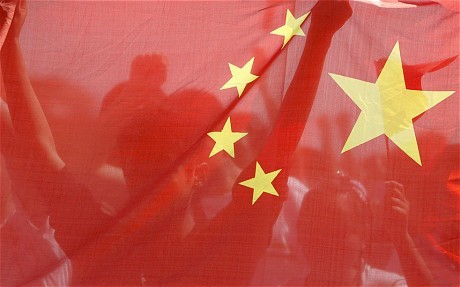China's anti-corruption campaign, which has been ongoing since 2012, has caught another victim within its nets. Former vice-mayor of Longyan, Chen Shengyi, has been expelled from the Communist Party of China (CPC) by the Central Commission for Discipline Inspection. His crime? He was proven guilty of committing adultery and taking bribes.
Chen is the latest government official to join the long list of names of high-profile individuals involved in sex scandals.
Other members of the infamous club include Dai Chunning, the former vice-president of China Export and Credit Insurance Co.; Zhou Yongkang, a former member of the Standing Committee of the Political Bureau of the CPC Central Committee; and Ji Wenlin, who once served as vice-governor of Hainan Province. What sparked the long list of persecuted public figures and officials, however, was Dai's alleged adultery.
Since Dai's scandal, the CPC probed over 30 officials. The names mentioned above are some of them.
For political observers, extra-marital affairs and sexual activities are nothing new among high-ranking government officials. They even posit that some officials have used power to gain sexual favors on a regular basis.
Sex scandals are also often connected to corrupt deals and sexual bribery. This is in direct contrast to what the Civil Servant Law requires from its officials to become steadfast role models following accepted norms.
For the CPC's disciplinary regulations, adultery is deemed intolerable, punishable by appropriate disciplinary actions, or worse, expulsion. Being expelled from the Party is every official's nightmare; it signifies the end of one's political life.
"Party rules are stricter than State laws. As a result, Party members must follow higher standards concerning law and morality," said Gao Bo, the deputy secretary-general of the Clean Governance Studies Center.
Legal experts are studying the criminalization of sexual bribery.




























